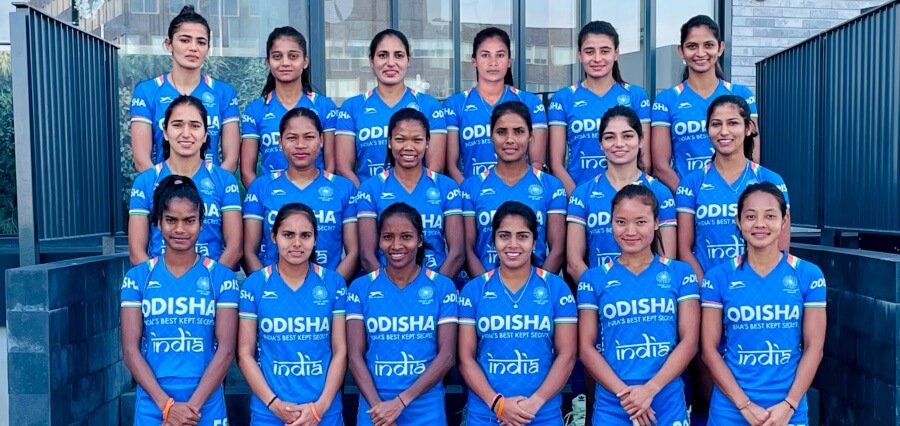Women Inc.
The narrative of Indian corporate leadership is undergoing a metamorphosis, with women steadily claiming their rightful place at the helm. From boardrooms to startups, a wave of change is empowering women and shattering age-old glass ceilings.
From Pioneers to Powerhouses:
The journey began with trailblazers like Indira Nooyi, who shattered records as PepsiCo’s CEO, and Kiran Mazumdar-Shaw, the visionary behind Biocon. These inspiring figures paved the way for a generation of talented women, proving their mettle in diverse industries.
Numbers Tell the Story:
While progress is evident, the climb continues. The percentage of women on Indian corporate boards has risen from 8% in 2013 to 18% in 2023, thanks to regulatory mandates and growing awareness. However, the journey towards parity is far from over.
A Multifaceted Landscape:
The success stories are not confined to boardrooms. Women entrepreneurs like Gazal Alagh (Mamaearth) and Falguni Nayar (Nykaa) are revolutionizing industries, while others are excelling in leadership roles across sectors like technology, finance, and social impact.
Beyond Numbers: Challenging the Culture:
Beyond representation, dismantling deeply ingrained biases and fostering a culture of inclusivity remain crucial. Initiatives like unconscious bias training, flexible work arrangements, and mentorship programs are playing a vital role in creating a level playing field and empowering women to thrive.
Women’s leadership in Indian corporates has undergone a significant evolution over the years, reflecting broader societal changes and a growing recognition of the value of gender diversity in the workplace. From breaking barriers to shattering glass ceilings, women leaders in India have made remarkable strides, paving the way for future generations of female executives.
Breaking Barriers:
Historically, the corporate landscape in India has been predominantly male-dominated, with women facing numerous barriers to entry and advancement. However, over the years, pioneering women leaders have challenged traditional norms and stereotypes, demonstrating their capabilities and paving the way for greater gender diversity in corporate leadership roles.
Rise of Women Leaders:
The past few decades have witnessed a significant increase in the number of women leaders occupying top executive positions in Indian corporates. From CEOs and CFOs to board directors and business heads, women are increasingly assuming leadership roles across various sectors, including finance, technology, healthcare, and manufacturing.
Changing Mindsets:
One of the most significant shifts in recent years has been the changing mindset towards women in leadership. Indian corporates are increasingly recognizing the value of gender diversity in driving innovation, creativity, and organizational performance. Companies are actively promoting gender-inclusive policies, initiatives, and programs to support the career advancement of women leaders.
Empowerment and Mentorship:
Empowerment and mentorship play crucial roles in nurturing women leaders in Indian corporates. Mentorship programs, leadership development initiatives, and networking opportunities provide women with the support, guidance, and resources they need to excel in their careers. Additionally, women’s networks and affinity groups offer spaces for sharing experiences, building connections, and advocating for gender equality.
Addressing Challenges:
Despite progress, women leaders in Indian corporates continue to face challenges such as gender bias, unequal opportunities, and work-life balance issues. Companies must address these challenges through proactive measures, including bias training, flexible work arrangements, and family-friendly policies, to create inclusive and supportive environments for women leaders to thrive.
Role of Government and Policy:
The Indian government has introduced various policies and initiatives to promote gender diversity and women’s leadership in the corporate sector. Measures such as mandatory board quotas for women directors and incentives for companies with female representation in leadership positions have helped drive progress towards gender equality in Indian corporates.
Future Outlook:
The future of women leadership in Indian corporates looks promising, with increasing numbers of women breaking into traditionally male-dominated industries and rising to leadership positions. As companies continue to prioritize gender diversity and inclusion, women leaders are poised to play an even more significant role in shaping the future of Indian business.
The evolution of women leadership in Indian corporates reflects a broader shift towards greater gender equality and inclusivity in the workplace. While significant progress has been made, there is still much work to be done to ensure equal opportunities for women leaders in all sectors of the economy. By continuing to champion gender diversity, empower women leaders, and address systemic barriers, Indian corporates can create a more inclusive and equitable future for all.
The Road Ahead: Embracing the Potential:
The trajectory of women’s leadership in Indian corporates is on an upward trajectory. With heightened awareness, bolstered by supportive policies and an expanding network of mentors and professional connections, we anticipate a surge in women taking on leadership roles. Their diverse viewpoints promise to fuel innovation across various sectors.
This evolution transcends mere numerical representation; it’s about unleashing the immense potential of women leaders and fostering a fairer and more prosperous future for Indian enterprises and society as a whole.





